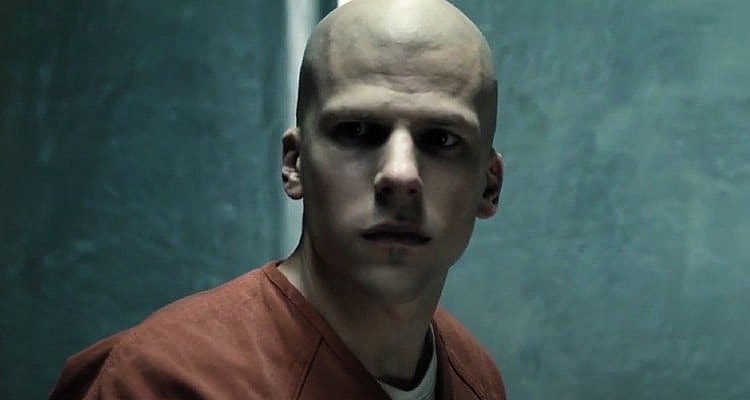Elizabeth Warren And Three Other Democrat Politicians Urge DOJ To Investigate Warner Bros. Discovery Merger For Harming Workers And Diminishing Content Choices By Axing ‘Batgirl’ And Other Projects

The pains of WarnerMedia’s merger with Discovery aren’t behind the new entity yet. After previously not contesting it and letting the deal go through, Democrat lawmakers in Washington are now calling for an investigation of Warner Bros. Discovery under antitrust laws. A group of four, one Senator and three House Representatives, sent a letter to the Attorney General and his antitrust chief.

Sen. Elizabeth Warren (D-CA), Rep. Joaquin Castro (D-TX), Rep. David Cicilline (D-RI), and Rep. Pramila Jayapal (D-WA) wrote to Merrick Garland and the Justice Department saying the WBD merger “appears to have enabled” the new company to “adopt potentially anticompetitive practices that reduce consumer choice and harm workers in affected labor markets.”
Furthermore they claim the merger “has enabled the combined WBD to take aggressive measures, harming workers and creatives in the media and entertainment industry while eliminating the disciplining forces of competition that provide workers with the freedom to change jobs or negotiate for better pay and working conditions.”
The lawmakers are alluding to the layoffs, cuts, and the myriad of canceled productions over the last year – including Batgirl, which their letter mentions, and the demise of CNN+. “The company has the incentive and ability to eliminate broad swaths of its workforce, leaving workers with fewer choices for employment and advancement,” the document reads.

RELATED: Combat Frame XSeed Novelist Brian Niemeier Reveals How “Wokism Would Collapse Tomorrow”
Bolstered by comments made by DOJ antitrust chief Jon Kanter regarding concern over “the impact of consolidation on content creators and workers, not just on consumers,” they argue, “audiences will never see such projects like Batgirl, a $90 million film that was canceled while ‘deep into post-production,’ despite consumer outcry, reportedly to allow WBD to claim a tax break.”
They are afraid the company’s decisions will place roadblocks in front of “economic opportunity for workers” and diverse programming. 30 Congress members stated this worry in an earlier letter to the agency in late 2021, and the optics are magnified by Batgirl’s rejection when the $90M movie was led by a Latina and featured a transwoman performer/supporting character.

Also cited is the canning of in-development productions Gordita Chronicles, Demimonde, The Time Traveler’s Wife, and Moisés Zamora’s Whistleblower. The letter notes, “WBD’s new ownership is hollowing out an iconic American studio. After the merger was consummated, WBD cancelled many projects in various stages of development and removed content from its platforms.”
“The damage to content creators whose projects are canceled in deep development and post-production cannot be overstated,’’ the letter continues. “Such cancellations stain these projects, making them less appealing and marketable to other buyers – consumers will likely never be able to watch [these] shows…”
Warner Bros. Discovery isn’t commenting right now although DC Studios co-chairman Peter Safran made the case months ago that Batgirl was “not releasable” and could’ve hurt everyone involved. They are hardly alone in their decision-making as of late either as Disney began laying off 7,000 workers and Netflix shows signs of tightening its belt in regard to production.

In their coverage, Deadline noted the unusual nature of the DOJ looking at a merger after it happens, but legally they can when they determine there is a threat to competition. The agency already put a stop to an attempted merger between Simon & Schuster and Penguin Random House, and they brought a lawsuit against Activision for its rules in esports leagues.
